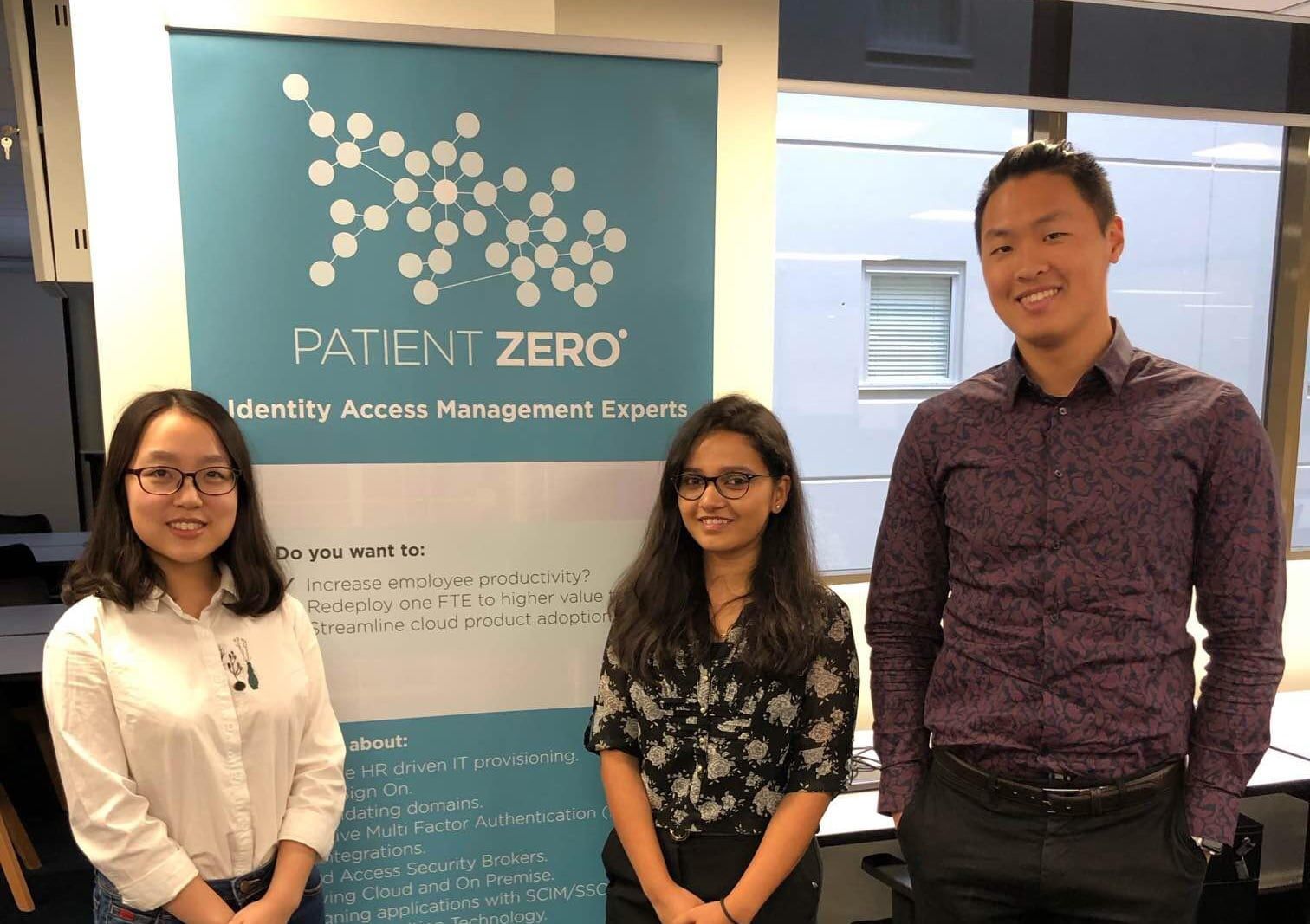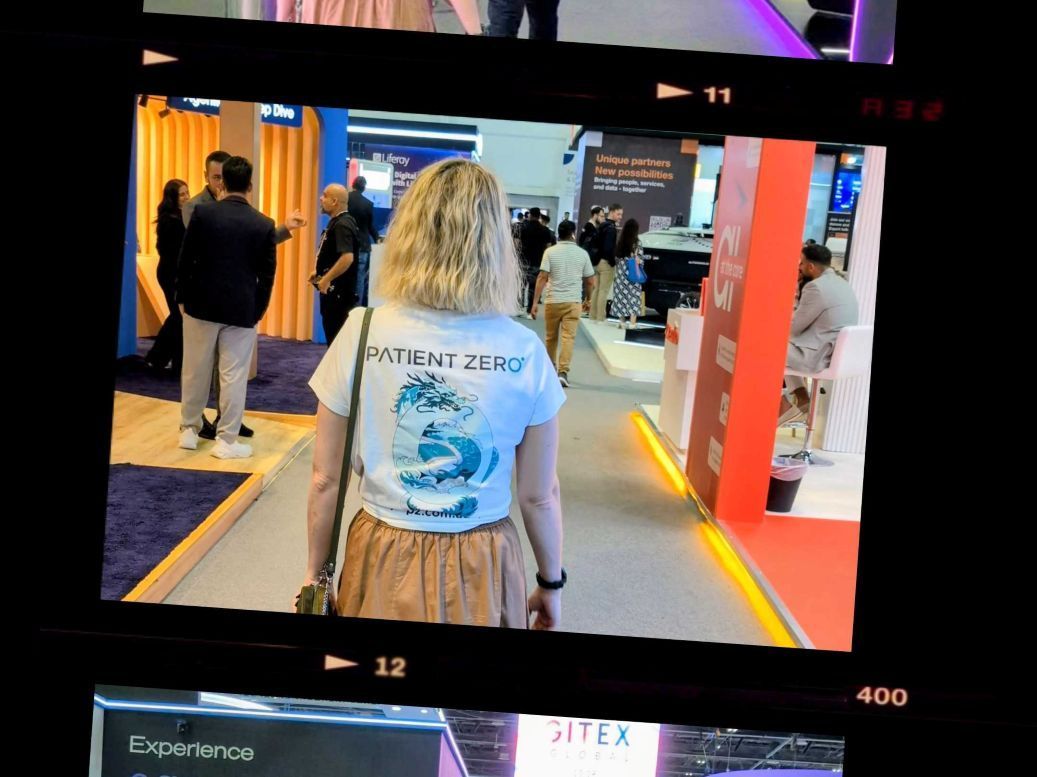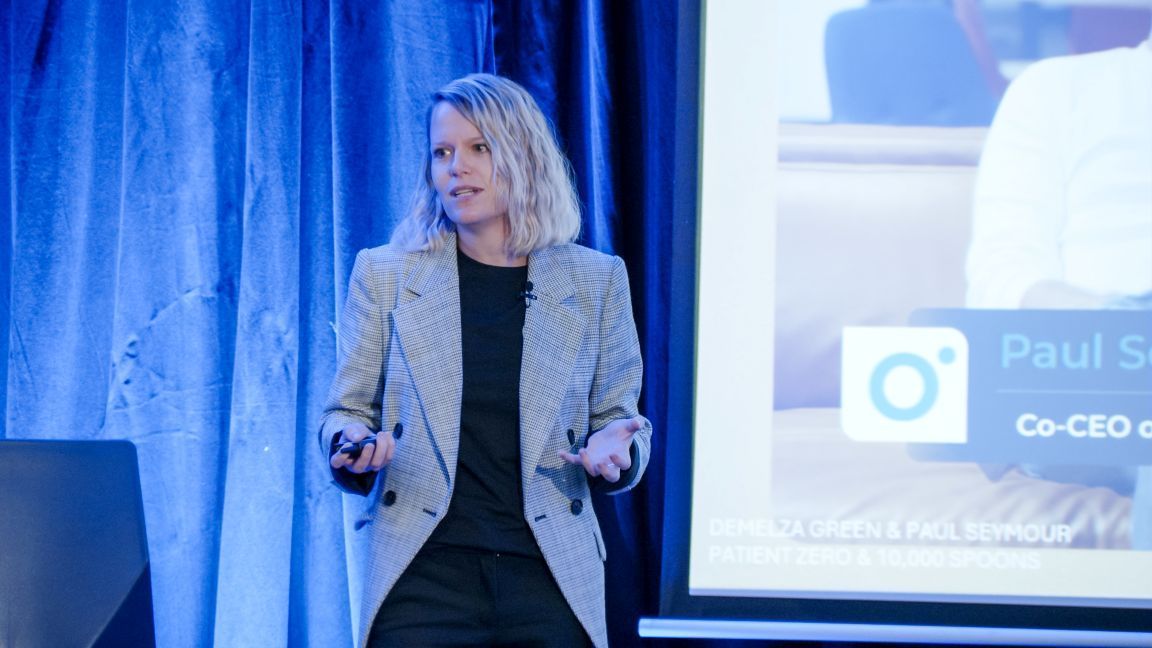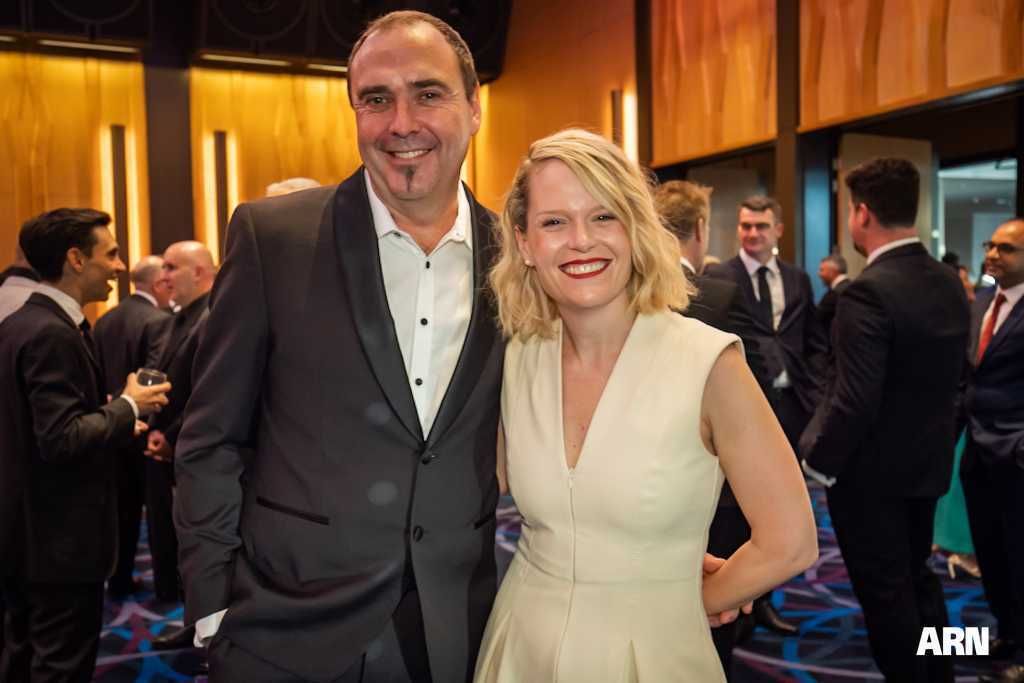Inside the Patient Zero Internship Experience
Patient Zero recently hosted three students from the University of Queensland for an internship program. Starting with our induction program, the students were taken through the paces of working in a cross functional agile development team. We taught core skills for team based software development work like using GIT, resolving merge conflicts, estimation and task decomposition. The students were given the opportunity to work on a variety of team projects to further their skillsets.
One of the students, Vibhuti Gajinkar enjoyed her time so much she’s decided to stay on as a Junior Developer. Here’s a little about what Vibhuti had to say about her time at Patient Zero.
1. What was the most challenging part of the PZ internship program?
Adjusting to the PZ work culture and technology was a little challenging. There are many things to learn at PZ like the tools, infrastructure, existing code and sprint activities. To be able to understand these in the short duration of the internship overwhelmed me a little at first. Everyone at PZ made me feel welcome and entrusted me to do the tasks given to me and supplied me with the necessary support.
2. What was your favourite part of the PZ internship program?
The people at PZ have been the favourite part of the internship program. They are very supportive and smart individuals. They don't put a lot of pressure on you and let you learn at your own pace. Daniel Dekel’s advice was "Your answer is just a google away" which is comical, yet so true. It's relevant in many scenarios. If you don't know something you can look it up and you'll find it eventually. If not, then you're always welcome to ask anyone at PZ.
3. What skills did you learn?
I was taught ReactJS on a fullstack development project and Data Analytics with PowerBI during the internship program. But more importantly, I got to learn to work in an agile way. I learned to decompose work into tasks. It's an important skill to have as it makes you more productive. I have been applying the same concepts in my university assignments as well. Solving the entire task might be an overwhelming challenge, but once you break it down and solve only a small part, it will take less time and build your confidence in the work.
4. In what ways did PZ invest in you?
The induction session gave us an overview of the company. The initial tasks given to us helped in understanding the work culture, company ethics, and code of conduct. Sam and Gabby gave us a session on scrum processes, which was very helpful in understanding the autonomous, cross-functional team environment. Everyone at the office is readily available to solve your problems, help you learn the concepts and allow you to implement what you've understood. Using Power BI for data analysis was an unexplored skillset for me. Dan helped me a lot with this learning curve.
5. What advice would you give to anyone considering joining PZ as a graduate?
Be open-minded and be pro-active. Try out different things if you get the opportunity and find out what you like the most. Don't be afraid of making mistakes as it's the best way to learn. Don't try to rush things. Learning something new takes time and effort. If you attempt to understand something in a hurry, you won't get the whole concept or miss out on some important knowledge. Be genuine and connect with people. They are great to talk with and have a lot of fun things to share.






